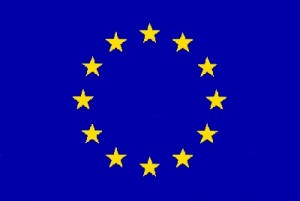 The foreign ministers of the European Union gathered on Monday in Brussels to talk about possible sanctions against Russia that could be released later in the day.
The foreign ministers of the European Union gathered on Monday in Brussels to talk about possible sanctions against Russia that could be released later in the day.
Western nations want to strike back at Russia for its meddling in the affairs of Ukraine in Crimea located in the south.
On Sunday, the final results of a referendum showed over 97% of the people that voted wanted to join Russia. That result was highly expected. The West maintains the referendum was not legal, while Moscow is strongly supporting the vote.
It is still unclear what the sanctions are the West wants to deliver. European and U.S. officials said they might impose travel bans as well as asset freezes for those people close to Putin.
A number of lists of possible subjects of EU sanctions were given out to diplomats this past weekend, said a source for the EU.
The expectation is the list will be a small one, but politically substantial, which will give a clear sign not only in Crimea by in Russia as well.
Catherine Ashton, the foreign policy head for the EU, said when arriving in Brussels for the meetings that the group was looking to send the strongest signal possible to Russia over the seriousness of the Crimea situation.
The Foreign Minister of Britain William Hague told reporters that a list of possible targets would be talked about and he was hopeful it included Russian and Ukrainian names.
Focusing on people instead of companies in Russia or trade, reflects the concern that a new Cold War would hurt the fragile economic recovery in the region.
While any sanctions would cause problems on both sides, Russia is the one that would suffer a great deal more than those in the West, said analysts.
Exports from the EU to Russia are just 1% of the gross domestic product in the EU. However, exports from Russia into the EU represent about 15% of the GDP in Russia.
